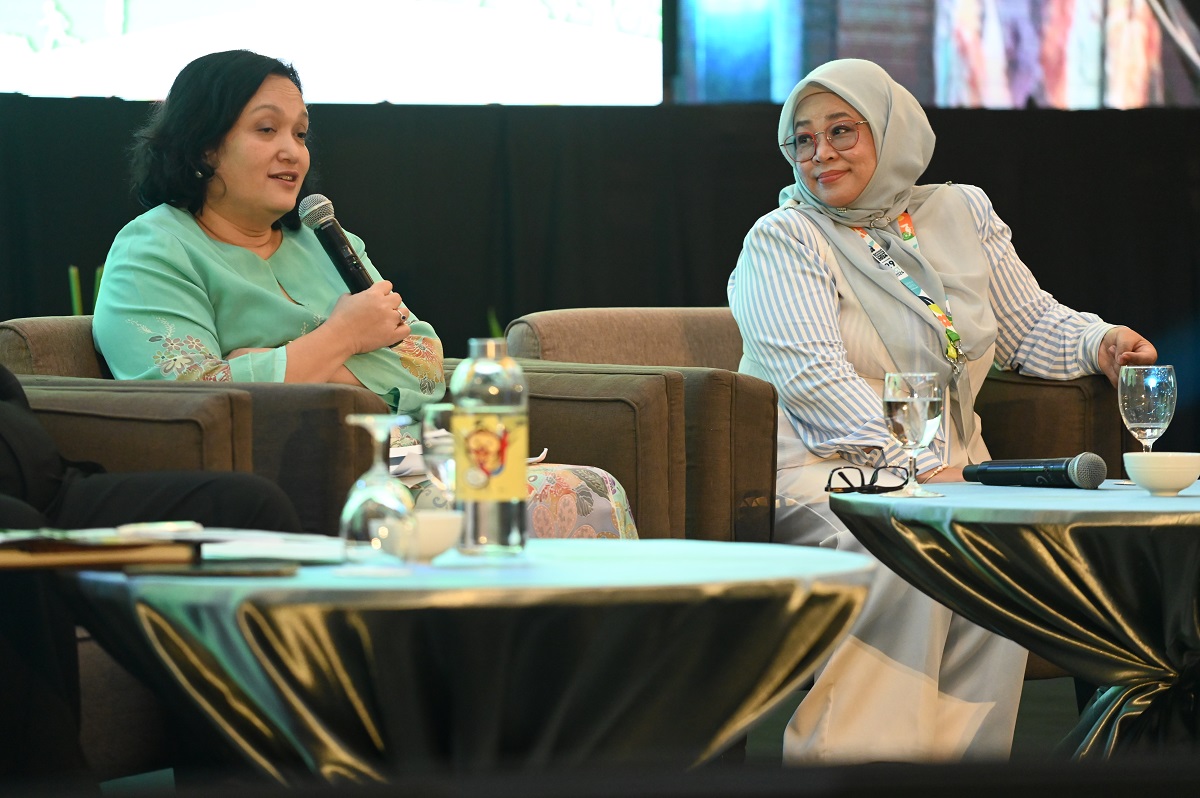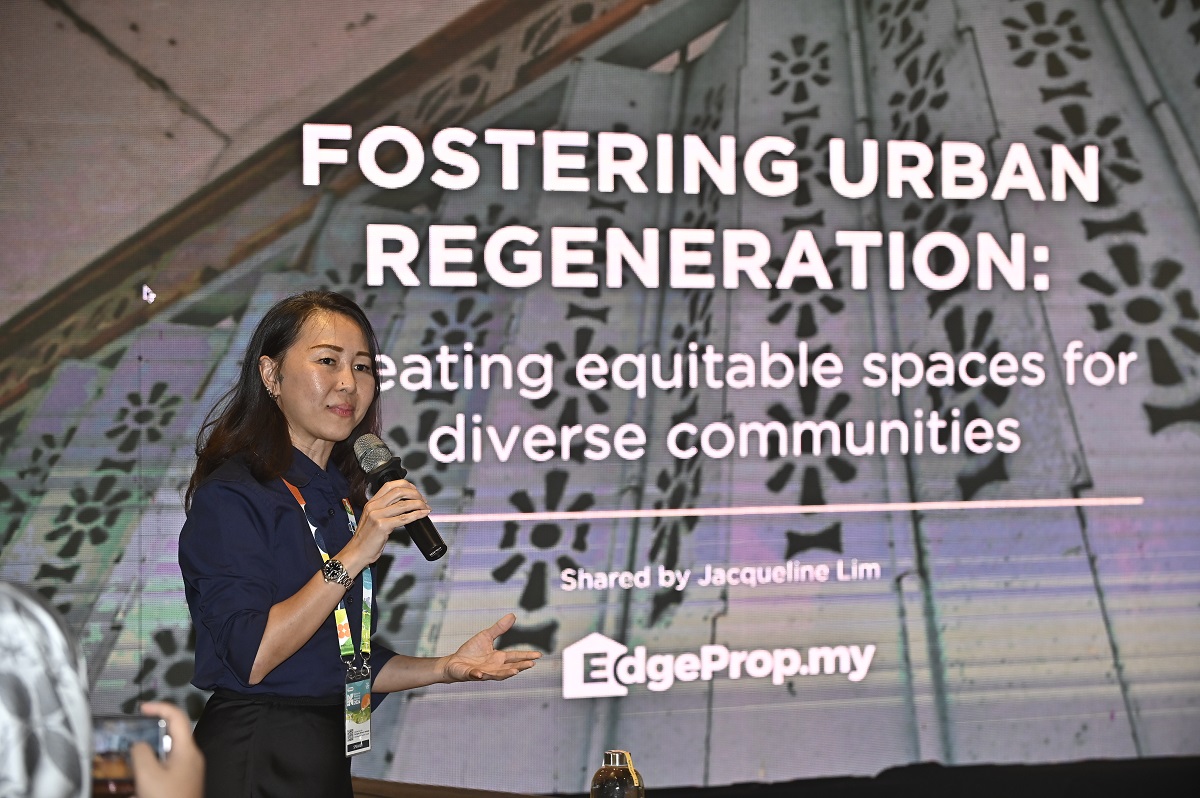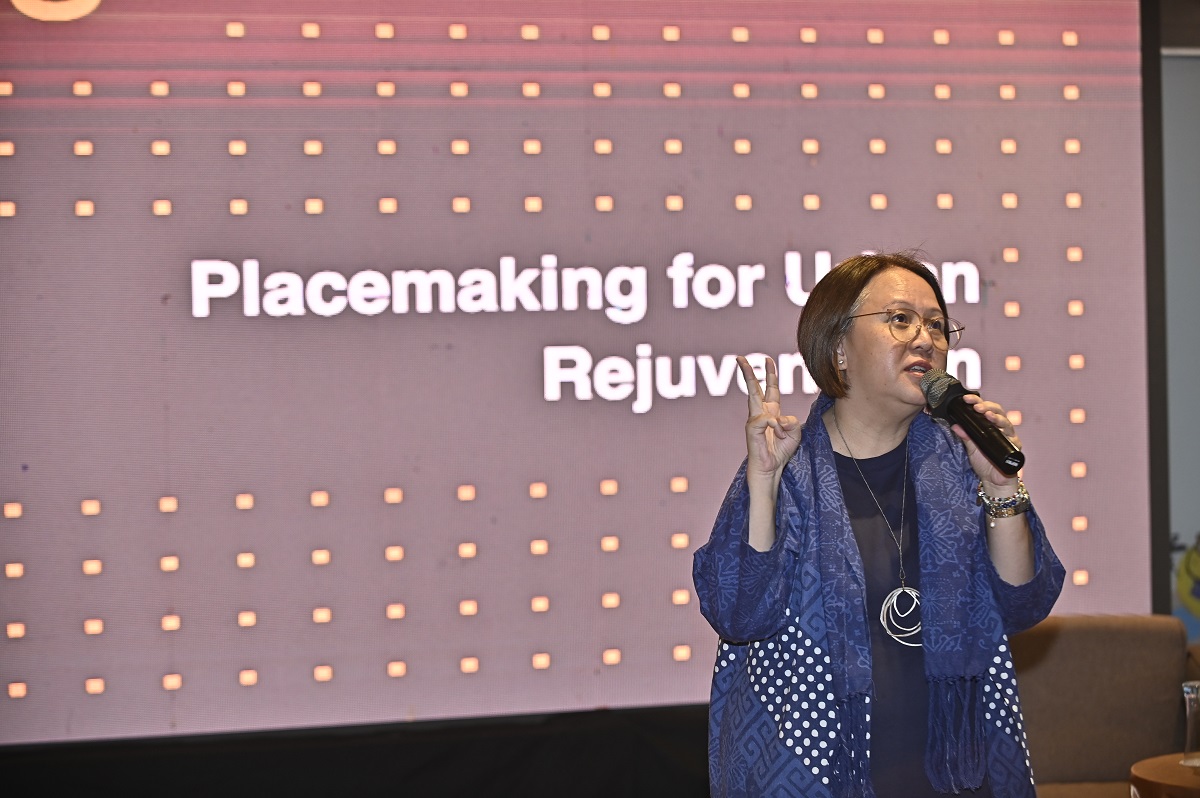NPC 2024: Our cities need better cooperation between agencies and the public

- Malaysia has to improve cooperation between agencies at the state and federal levels, as well as create better channels of communication between these agencies and members of the public.
PUTRAJAYA (Nov 8): To drive Malaysia's urban development forward, there needs to be greater collaboration among the agencies involved, said Majlis Bandaraya Subang Jaya (MBSJ) mayor Datuk Amirul Azizan Datuk Sri Abd Rahim.
“On one hand this could be seen as a unique feature of Malaysia’s governance, or it could be a problem. The extensive separation of powers among various government agencies, in charge of maintaining and developing Malaysia’s infrastructure, creates jurisdictional nightmares. It also fuels the public’s confusion as to who to turn to for their queries,” said Amirul.
This was in response to a question posed by Malaysian Institute of Planners (MIP) past president TPr Haji Ihsan Zainal Mokhtar during a moderated discussion, on what local authorities can do for the future, at the first plenary session hosted during the National Planning Congress 2024 (NPC) recently.
Read also
NPC 2024: A call for reimagined cities and improved quality of life
NPC 2024: Experts advocate for modern, people-centric urban planning
“Policies are made to uplift certain agencies, and these policies are maintained and followed only by those specific agencies. To achieve the standards of development that we aim for as a country, we need more collaboration and cooperation amongst agencies at the federal and state levels,” added Amirul.
Amirul was also a speaker during NPC 2024’s first plenary session, giving a presentation entitled, “Reimagining Subang Jaya: Innovating Green and Inclusive Urban Space for a Sustainable Future”.
In his presentation, he highlighted a number of innovative and sustainable infrastructure projects that the city of Subang Jaya is embarking on. Such projects include incorporating Water Sensitive Urban Design (WSUD), implementing blue and green corridors throughout Subang Jaya, and increasing the number of transit-oriented developments (TODs) to hopefully reduce the number of vehicles on the roads.
Call to restructure affordable housing policies to build sustainable future for lower income groups
There is also a need to implement better standards for affordable housing, and clearer management policies for its residents, said Khazanah Research Institute director of research Sr Dr Suraya Ismail. This was explained during her presentation, “Reimagining Housing For The Future: Innovative Approaches To Affordable, Sustainable And Inclusive Living”.
“We must bring communities into the discussion, and start thinking about this on a neighbourhood level, because what is a city, if not a conglomerate of neighbourhoods?” said Suraya.
“Poor quality low-cost housing creates a negative impact on surrounding neighbourhoods in terms of decreasing real estate value. It also encourages the negative social perception that these projects are ‘urban slums’. We need to be clearer on how we are going to manage PPR households. Social housing is only developed by the government and viewed as a construction solution, rather than a management responsibility. Property is something that you have to do under welfare,” added Suraya.
More direct communication needed between local authorities and the public
During the moderated discussion, Institute of Landscape Architects Malaysia associate professor LAr Dr Atiah Ismail stated that the government needs to create public awareness in tandem with its green and sustainability initiatives.
“Malaysia lacks the effort in creating public awareness to bridge the gap between government agenda and public knowledge. This can lead to issues such as members of the public having the desire to help out in such initiatives but not knowing how they can contribute,” said Atiah.
Atiah highlighted the approach taken by Singapore’s government during their rewilding projects, in particular the introduction of bees from Melaka to aid in pollination.
“Small efforts such as this allowed their local governments to provide support to the community, and opened a channel for awareness to be created between the two parties,” explained Atiah.
Urban regeneration a multi-prong effort
In a separate panel discussion on urban regeneration, Daniel Lim from Think City highlighted the importance of a thorough placemaking process.
“Before we embark on any regeneration project, we need to identify our communities and stakeholders. Cities must be inclusive, providing ample congregation points for diverse age groups and income levels to come together and co-create their environment. It is in these spaces that innovation and creativity happens,” he emphasised.
In the context of enriching urban regeneration through storytelling, EdgeProp’s head of editorial, Jacqueline Lim, presented a range of urban data to aid city planners in creating compelling narratives.
“Whether aimed at fostering cultural awareness or promoting community development, data storytelling is a powerful way to humanise urban planning. It transforms complex information into relatable and accessible insights for the public, which enhances community buy-in,” she shared.
How can we cultivate a sense of belonging?
“One approach is to actively engineer belonging, while another allows individuals to find their sense of belonging through the connections they make,” said Lee Jia-Ping, founder of Placemaking Malaysia. “This is why migrants tend to cluster in specific areas. While top-down initiatives from the government are important, we also need bottom-up efforts. We must acknowledge that both perspectives are essential; that's why we now refer to it as a top-bottom initiative,” she explained.
Looking to buy a home? Sign up for EdgeProp START and get exclusive rewards and vouchers for ANY home purchase in Malaysia (primary or subsale)!
Never miss out
Sign up to get breaking news, unique insights, event invites and more from EdgeProp.
Latest publications
Malaysia's Most
Loved Property App
The only property app you need. More than 200,000 sale/rent listings and daily property news.



